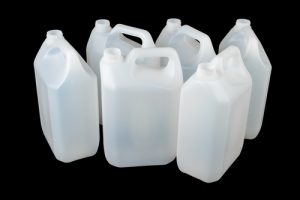
Credit: Imfoto/Shutterstock
According to one product manufacturer’s analysis, HDPE can be shredded, melted and molded into products 10 times before its quality is compromised.
 Associate Editor Jared Paben has worked for Resource Recycling since December 2014. Most of his earlier career was spent as a reporter for the daily newspaper in Bellingham, Wash., but he also has experience working for the Oregon volunteerism commission and for Oregon nonprofits serving low-income populations. He can be contacted at [email protected].
Associate Editor Jared Paben has worked for Resource Recycling since December 2014. Most of his earlier career was spent as a reporter for the daily newspaper in Bellingham, Wash., but he also has experience working for the Oregon volunteerism commission and for Oregon nonprofits serving low-income populations. He can be contacted at [email protected].
Credit: Imfoto/Shutterstock
According to one product manufacturer’s analysis, HDPE can be shredded, melted and molded into products 10 times before its quality is compromised.
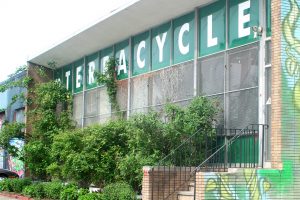
TerraCycle office in Trenton, N.J. Credit: TerraCycle
TerraCycle is a high-profile company that gets a lot of press, but because it’s a private business, much has been unknown about its operations and income. A new financial filing provides details on how it manages post-consumer plastics, including which major reclaimer it relies on and where it sells recovered resins.
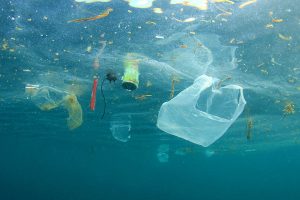
Credit: Rich Carey/Shutterstock
A Spanish plastics research institute has begun work on two recycling initiatives. One effort will target floating ocean plastics, and the other will recycle PE and EPS generated by businesses.
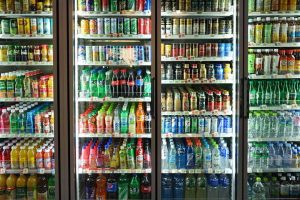
Credit: KoalaPoy/Shutterstock
Two brand owners recently made pledges to boost recycled content and improve the recyclability of their packaging. One of them, a bottled water brand, committed to using 100 percent rPET containers.
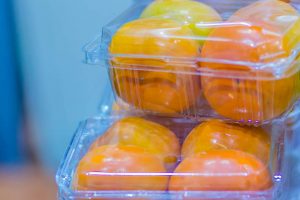
Credit: Christopher PB/Shutterstock
Facing falling customer demand, an end user of recycled PET will lay off 100 employees at its North Carolina factory.
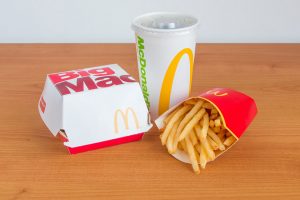 The world’s largest restaurant operator will increase access to recycling at its food establishments and make packaging changes to lessen environmental impacts.
The world’s largest restaurant operator will increase access to recycling at its food establishments and make packaging changes to lessen environmental impacts.
 With a new strategy to tackle plastics, the European Commission says it has the recycling industry’s back.
With a new strategy to tackle plastics, the European Commission says it has the recycling industry’s back.
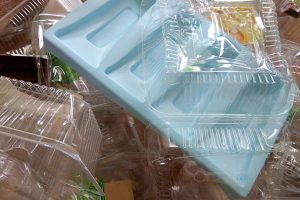 An integrated processing, consulting and testing company has launched a service to help brand owners develop recycling-friendly plastic packaging.
An integrated processing, consulting and testing company has launched a service to help brand owners develop recycling-friendly plastic packaging.
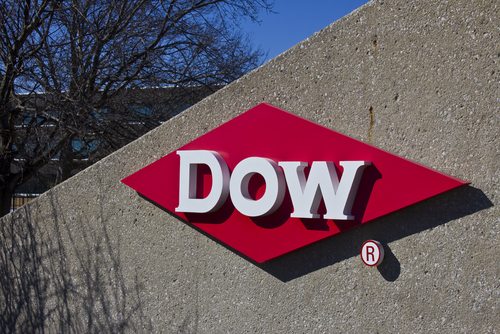 In Indonesia, the road to plastic marine debris prevention may be paved with, well, plastic.
In Indonesia, the road to plastic marine debris prevention may be paved with, well, plastic.
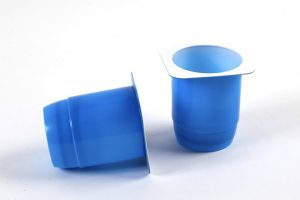 Unless you’re buying seafood (and maybe not even then) fishy smelling food and drink packaging isn’t going to fly. A project in Europe is working to deodorize EPS from fish boxes so they can be recycled into new food-contact products.
Unless you’re buying seafood (and maybe not even then) fishy smelling food and drink packaging isn’t going to fly. A project in Europe is working to deodorize EPS from fish boxes so they can be recycled into new food-contact products.

